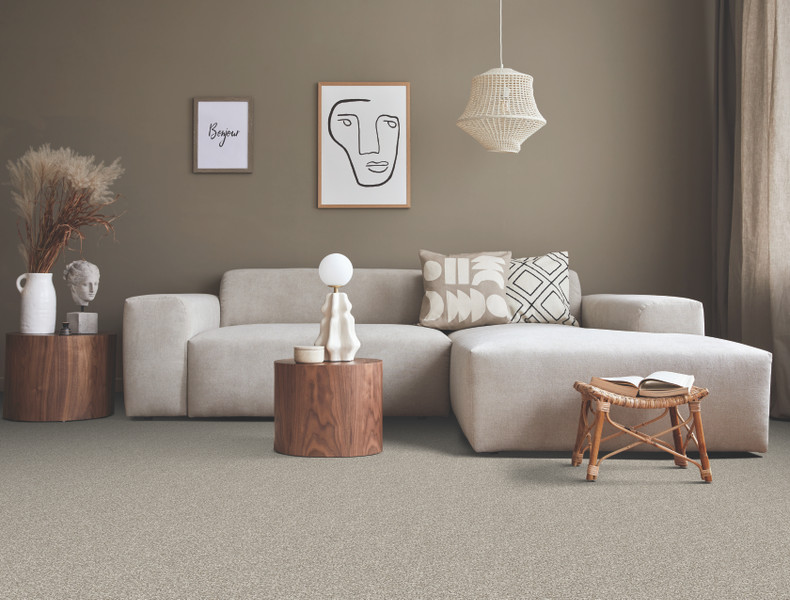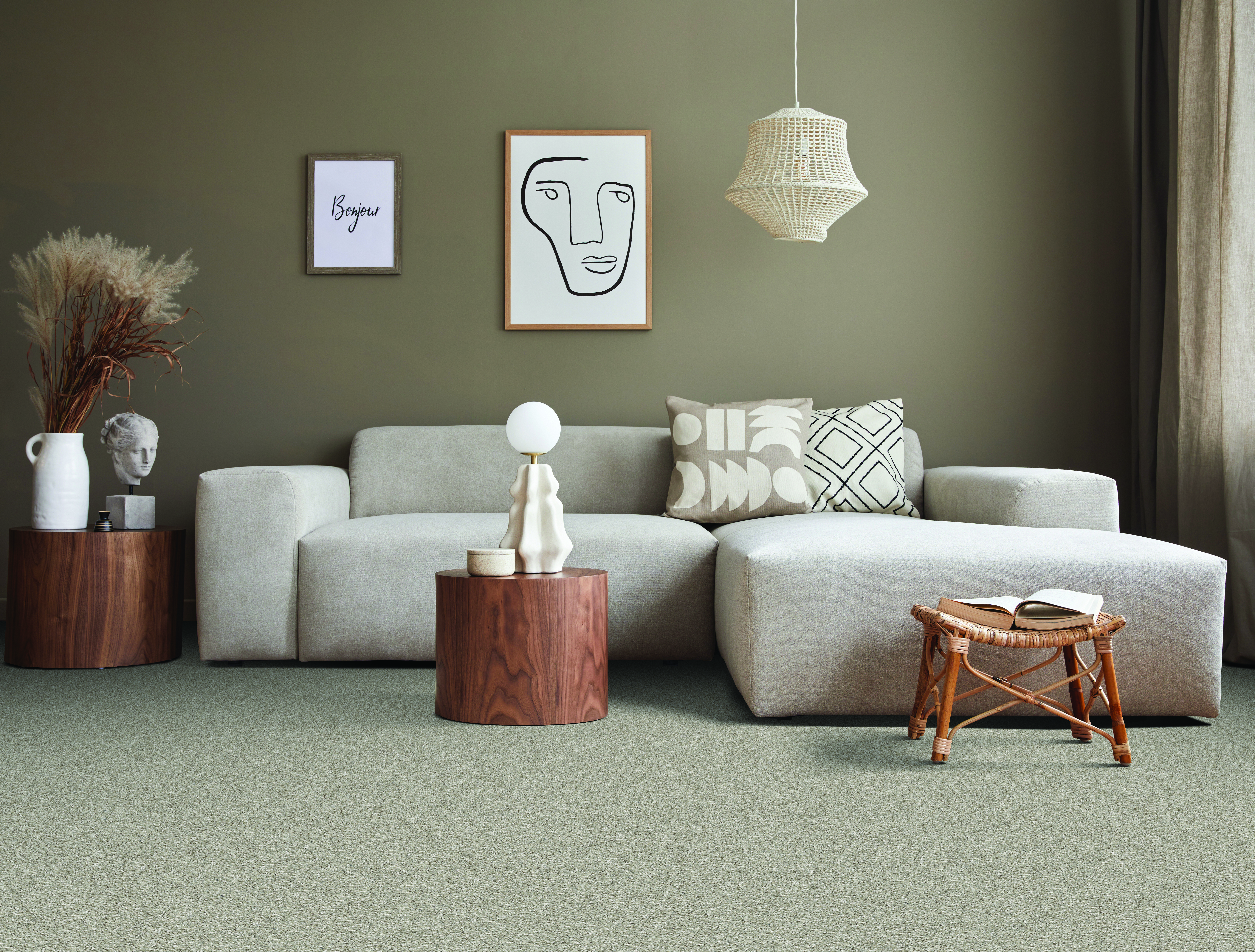
Carpet flooring is often misunderstood when it comes to allergens and indoor air quality, with many believing that carpets trap dust and worsen allergies. However, modern carpet technology tells a different story. Carpets can actually trap allergens, keeping them from circulating in the air until they’re vacuumed away, unlike hard flooring, where dust remains airborne. Choosing the right type of carpet flooring and maintaining it properly can improve your home's air quality. For expert advice and to explore hypoallergenic carpet options, visit Flooring Superstores for a consultation today!
Myth: Carpets are Bad for Allergies
One of the most common myths about carpet flooring is that it worsens allergies by trapping dust and allergens. However, studies show that carpet actually acts like a filter. Instead of allowing dust and allergens to float freely in the air, carpet captures these particles and holds them until they can be safely removed through vacuuming. Hard flooring, on the other hand, allows allergens to remain airborne, which may contribute to allergy symptoms.
Modern carpets are designed to reduce allergens by trapping them in fibres that prevent them from circulating in the air. This makes carpet flooring an excellent choice for those with mild to moderate allergies when paired with regular cleaning routines.
The Benefits of Hypoallergenic Carpets
Advancements in carpet technology have led to the creation of hypoallergenic carpets, which are specially engineered to resist allergens. Brands like Mohawk offer hypoallergenic carpets that are made with synthetic fibres designed to repel dust mites, mould, and pet dander. These carpets are also easier to clean, making it simpler to maintain optimal air quality in your home.
When considering the pros and cons of carpet, the availability of hypoallergenic options is a significant advantage. Hypoallergenic carpets are not only durable but also provide an extra layer of protection for families with allergy sufferers. If you’re looking to install carpet flooring in your home, choosing a hypoallergenic variety can be a smart choice for improving air quality.
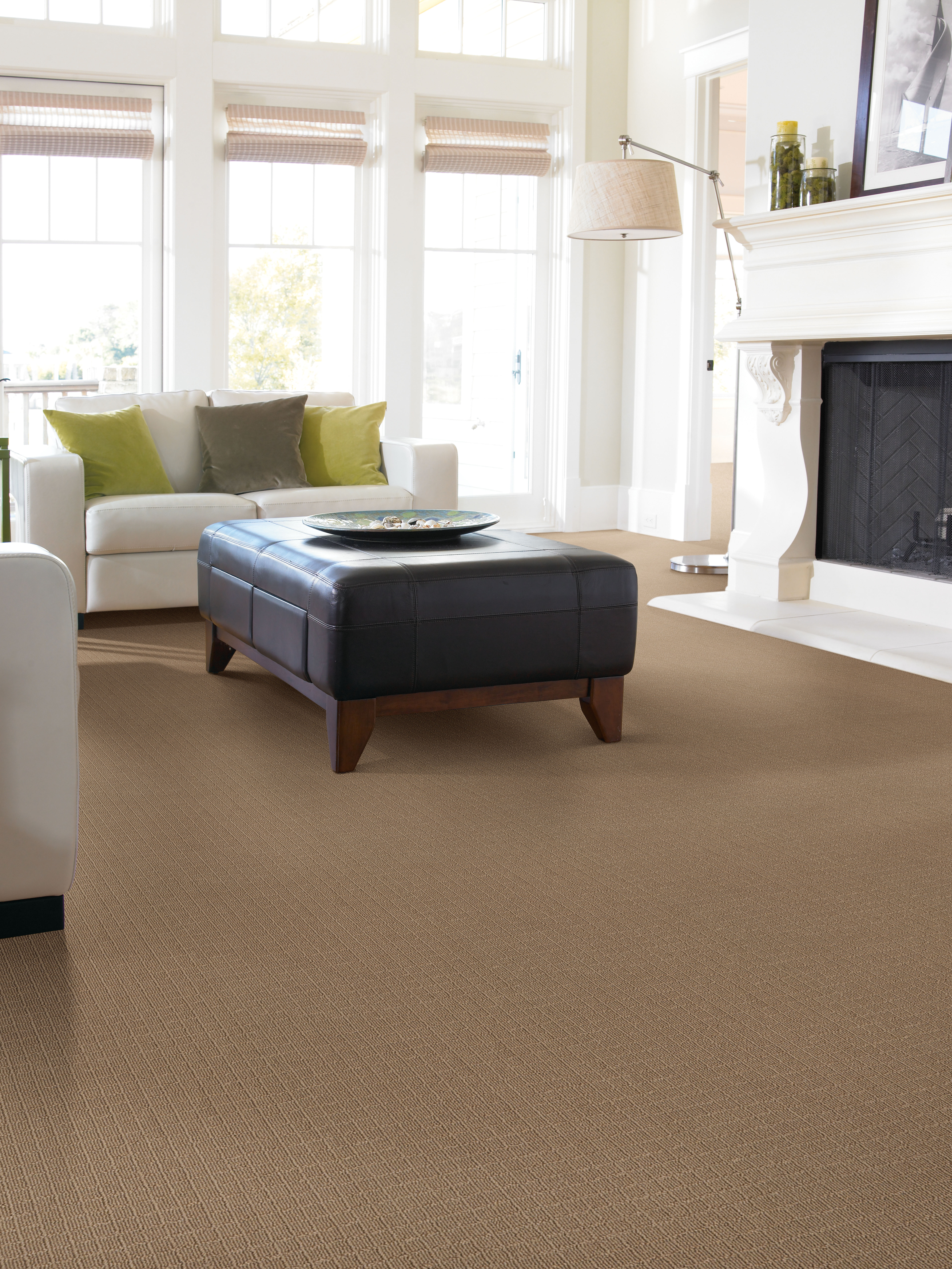
Carpet vs. Hard Flooring: Trapping Dust and Allergens
Many people believe that hard flooring is better for air quality because it doesn’t trap dust and allergens. While it’s true that hard surfaces don’t trap particles, this can actually lead to more airborne allergens. Every time someone walks across a hard floor, dust and other particles can be stirred back into the air. Carpet, by contrast, traps these particles until they can be vacuumed, reducing the amount of dust in the air.
In comparing the pros and cons of carpet versus hard flooring, it's clear that while hard surfaces are easier to wipe down, carpets offer an advantage when it comes to keeping airborne allergens at bay. This makes carpet flooring a great option for areas where air quality is a top priority, such as bedrooms or living rooms.
Carpet Maintenance for Better Air Quality
The key to maintaining air quality with carpet flooring is proper maintenance. Here are some practical tips for keeping your carpet clean and allergen-free:
- Regular Vacuuming: Vacuum at least once or twice a week, especially in high-traffic areas. Use a vacuum with a HEPA filter to capture fine dust particles and allergens.
- Professional Cleaning: Schedule a professional carpet cleaning at least once a year. Steam cleaning helps to remove deep-set dirt and allergens that regular vacuuming might miss.
- Use Doormats: Placing doormats at entrances can help trap dirt and allergens before they reach your carpets.
- Control Humidity: Keeping indoor humidity levels in check (around 30-50%) can prevent mould and mildew from forming in carpet fibres, especially in basements or areas prone to moisture.
- Immediate Spot Cleaning: Address spills immediately to prevent stains and the growth of bacteria.
By following these maintenance tips, homeowners can enjoy the benefits of carpet flooring without compromising indoor air quality. Regular upkeep not only extends the life of your carpet but also ensures that dust and allergens are kept under control.
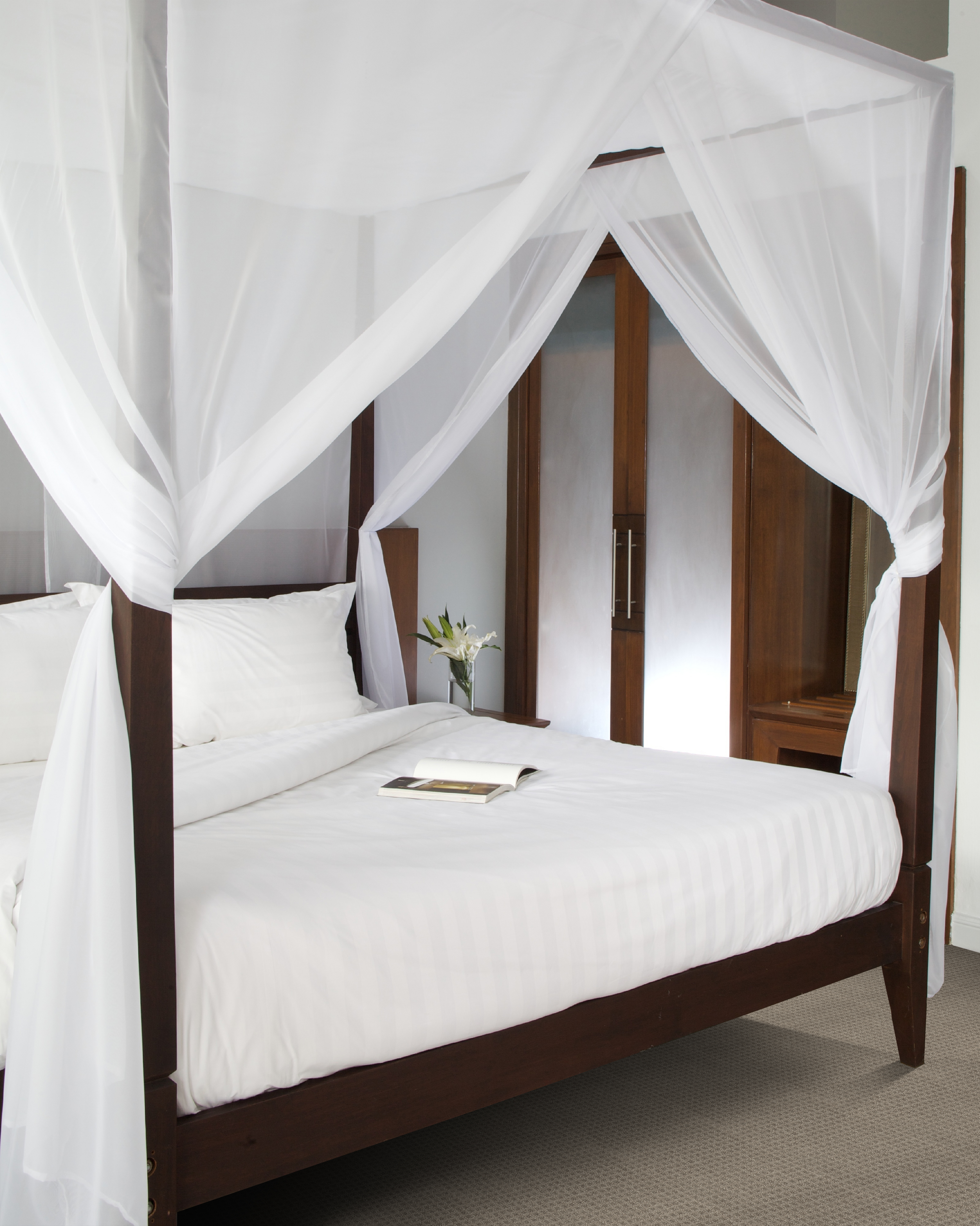
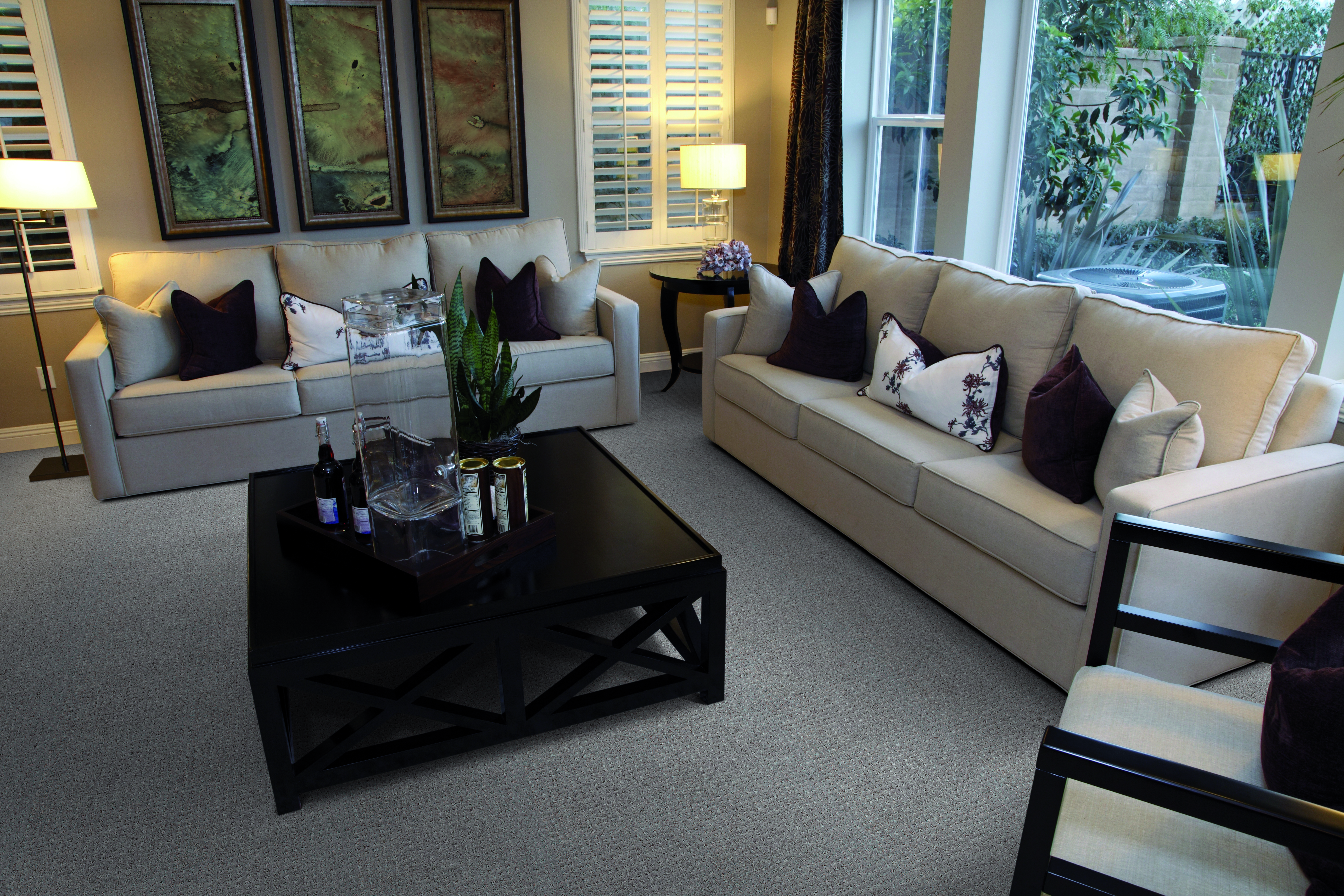
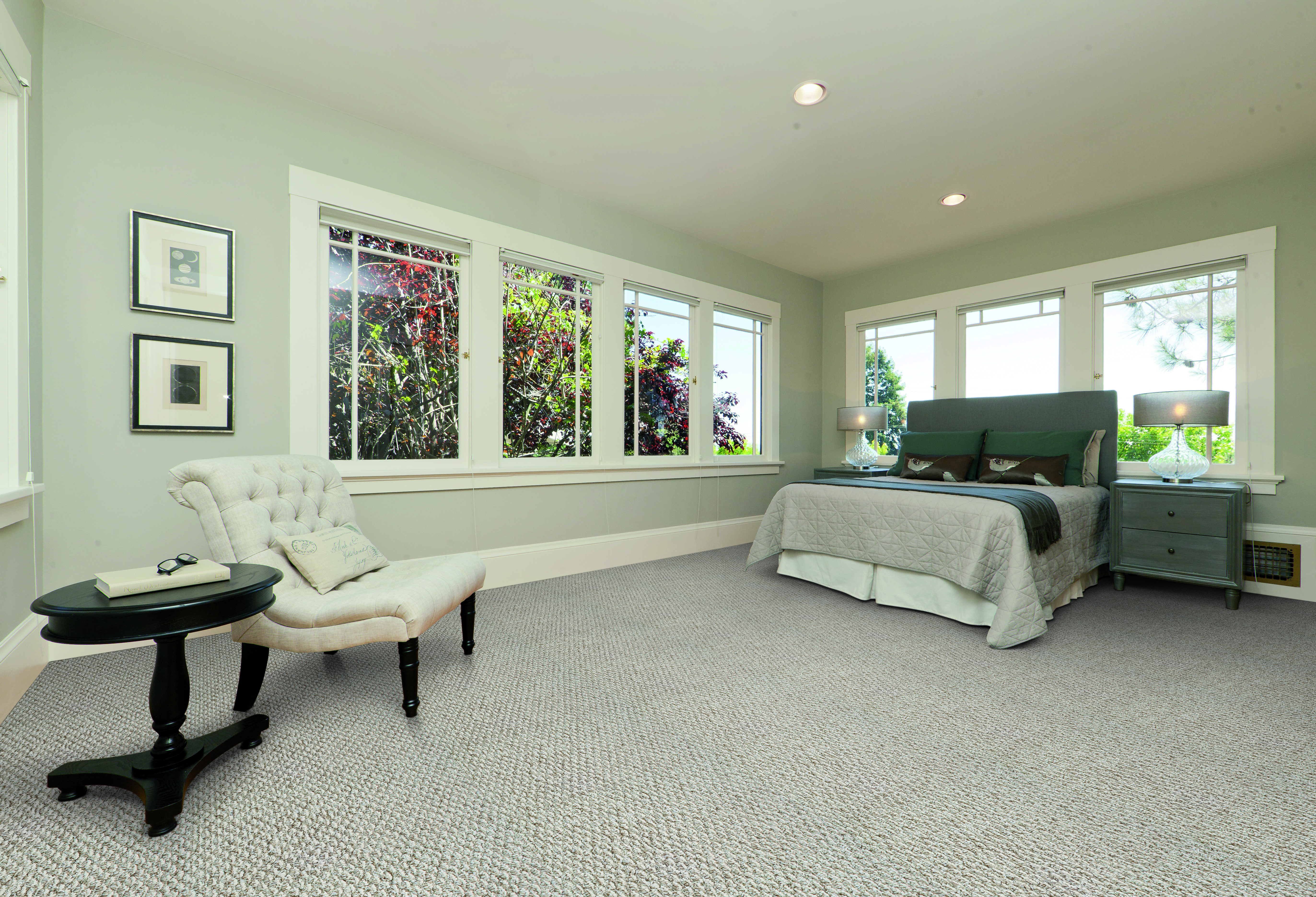
The Pros and Cons of Carpet Flooring
When weighing the pros and cons of carpet, it’s clear that modern carpet flooring offers significant benefits for homeowners concerned about indoor air quality. Far from being a breeding ground for allergens, carpets trap particles and prevent them from circulating in the air. With options like hypoallergenic carpets and a proper cleaning routine, carpet can be a comfortable and healthy choice for your home.
If you’re ready to explore carpet flooring options that suit your lifestyle and improve air quality, visit Flooring Superstores today. We offer a wide range of modern carpets, including hypoallergenic varieties, to help you create a healthier, more comfortable living space.

